Easy Peasy Diy Non-contact Voltage Detector
About the project
Lets build a easy peasy DIY non-contact voltage detector to detect broken Electrical Wires, Unmarked Switch position and Lots more
Project info
Items used in this project
Hardware components
Story
We all know whenever there is current flowing through a conductor there is always a magnetic field around it and if the current flowing through conductor is AC current then the magnetic field varies periodically according to AC frequency. If we bring another conductor near it, a very small voltage will be induced in it due to electromagnetic induction and our easy peasy non contact electricity detector will use it to detect AC voltage.
Introduction:
Before we start building our easy peasy electricity detector, let me explain the basic functionality of non contact AC voltage detector.
Introduction: Before building this device I have tried lots of different design but in every circuit there were some issues, either it was also a metal detector or detect human as AC voltage source. I even built a device using instrumentation amplifier, 2nd order band pass filter and ARM mcu to do all the math (FFT) So i can only detect AC voltage without any metal or human contact detection. After little studying I was able to achieve this by using this very simple circuit.
Components required:
Main components required to built this non contact AC voltage detector are;
- AD620
- LED with resistor, as an indicator
- Multi-turn trim-pot for gain adjustment
- ±3V supply or 6V&3V supplies
In this project ±3V is also a good option to provide power supply this module (only two 3V coin cells).

Schematics:
In this project AD620 is configured to work with single supply (figure 34. on page 14 of datasheet) instead of dual power supply.

Prototype:
Simply make the breadboard circuit as shown in above figure and our first prototype is ready. Here I have used 50k trim-pot and there is ~26kohm gain resistance value.
Prototype Testing:
After building our first prototype its time to test it.
Effect of Human Contact:
This easy peasy voltage detector doesn't bother about human contact which is one of the ultimate goal of this device.
Operation behind Obstacles:
Voltage detector module should work behind obstacles to trace hidden wiring and it does it very easily. During this demo very small testing probe is used. Its sensitivity can be increased by either using bigger testing probe or decreasing the trim-pot resistance value.
Tiny Testing Probe Demo:
Voltage detector should only detect voltages not metal. This awesome module does exactly the same. It only detect voltages not metals.
Ultra Sensitivity Test:
Let increase the sensitivity of this tiny module by increase the size of testing probe. And now it can detect voltage from distance of few inches.
Broken Wire Detection:
Another useful feature of this voltage detector is broken wire detection.
Easy Switch Position Detection:
If you are wondering about any unlabeled switch's current position then this module is perfect for you to find out its current position without disassembling anything.
Final Assembly:
After testing and concept verification its time to build a final easy to use device with a battery and a case.
Easy Peasy DIY Non-Contact Voltage Detector (Not a Metal Detector) - Top View Before Final Assembly
Easy Peasy DIY Non-Contact Voltage Detector (Not a Metal Detector) - Bottom View Before Final Assembly
Easy Peasy DIY Non-Contact Voltage Detector (Not a Metal Detector) - After Final Assembly
Demo After Final Assembly:
Lets test our newly built enclosed easy peasy non contact electricity (Voltage) tester.
AC voltage detection:
Switch Position Detection:
Interesting Facts:
This Easy Peasy DIY Voltage detector can detect both electric and magnetic field.
Electric Field Detection:
Magnetic Field Detection:
Limitations:
Nothing in this world is perfect so these non contact voltage detector have also some limitations.
- It cannot work with DC voltages.
- It does not actually measure the amount of voltage present. Instead, it only indicate the AC voltage presence
Datasheets:
Schematics, diagrams and documents
Credits

mahmood_ul_hassan
Electronics Engineer with specialization in Robotics Engineering, seven years of experience in electronics research and development. I worked mostly on designing custom labview based automatic test and measurement equipment. Hobbyist, ARM enthusiast, DIY maker





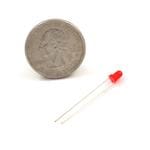
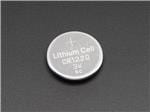

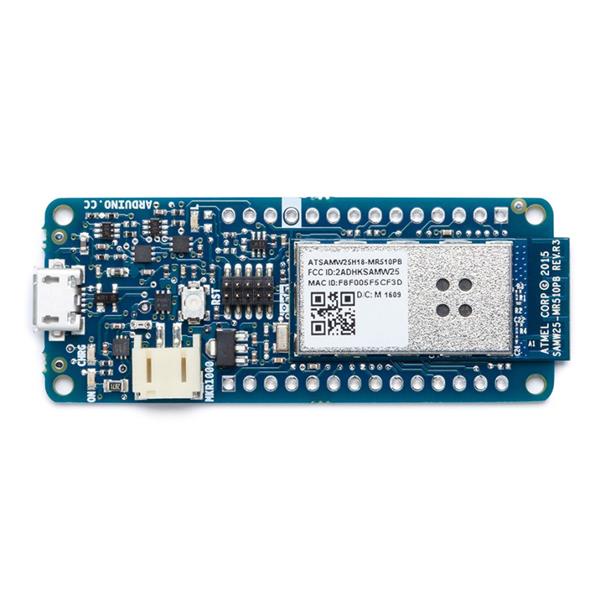
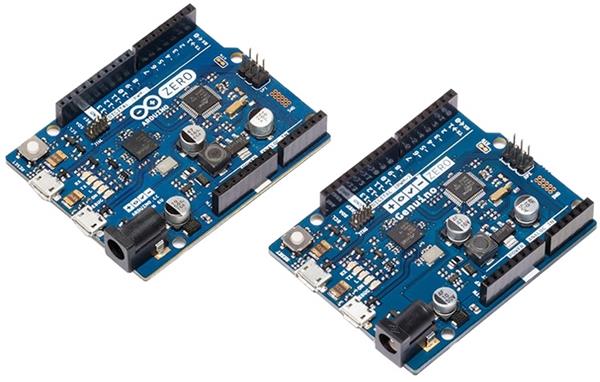
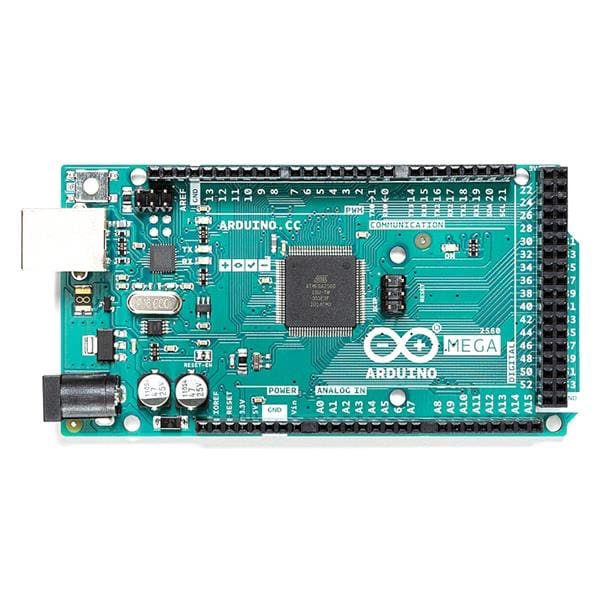
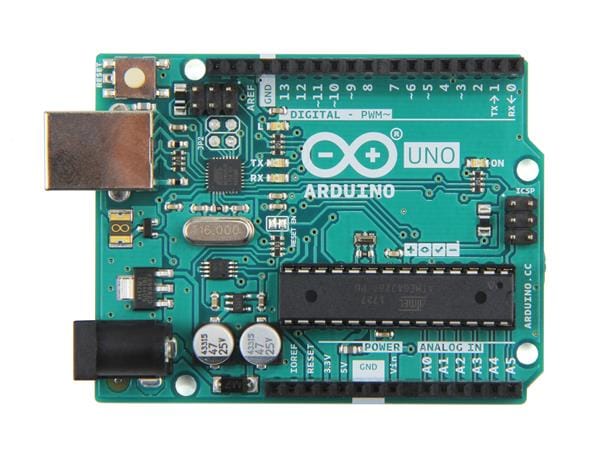
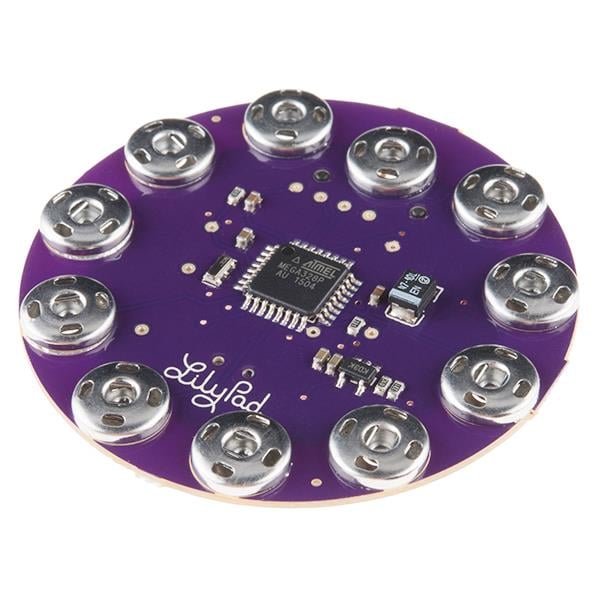
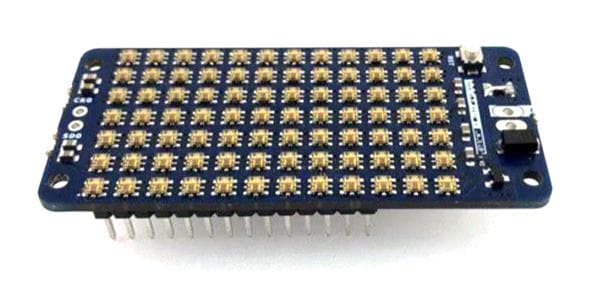


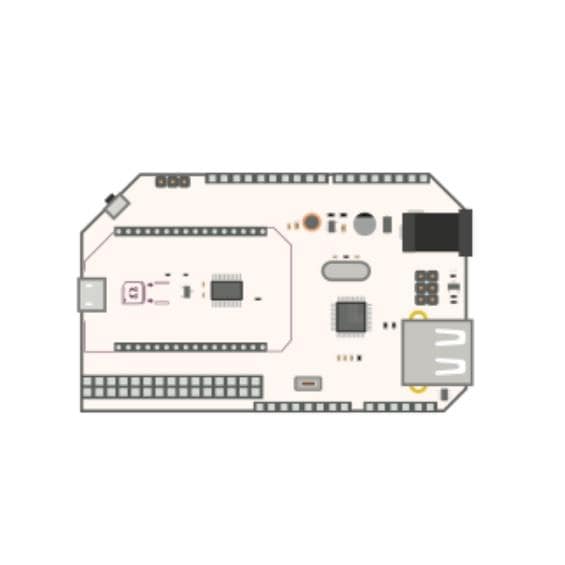

Leave your feedback...